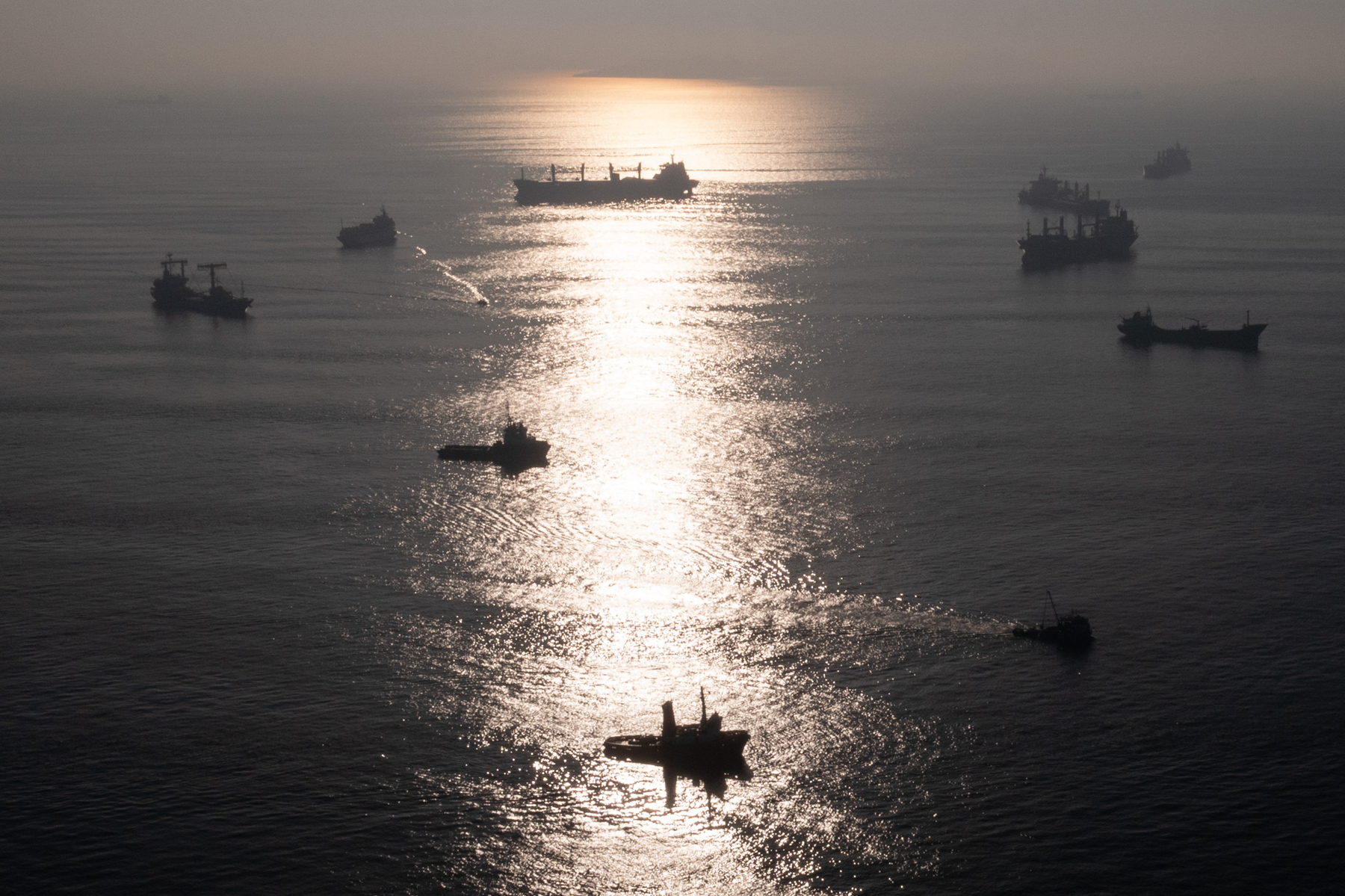UK Defense Ministry: Russia likely sabotaging grain deal to force reopening of ammonia pipeline
Russia is likely continuing to sabotage Ukrainian grain shipments to force concessions on the reopening of its Togliatti-Odesa ammonia pipeline, the U.K. Defense Ministry wrote on June 9.
The Black Sea Grain Initiative was extended for an additional 60 days on May 17.
The deal, brokered by the U.N. and Turkey, was first signed in July 2022. It has been essential in mitigating a global surge in food prices. Russia's all-out war against Ukraine, one of the world's top grain exporters, initially prevented Ukraine from shipping agricultural products through its Black Sea ports.
However, despite renewing the deal, Russia has continued to sabotage Ukrainian grain exports. Only one or two ships are currently being inspected per day, as opposed to six to eight in fall 2022, the U.K. Defense Ministry wrote.
The deal is set to be extended on July 16 and the U.K. Defense Ministry predicts "further rhetoric and obstruction" in the weeks leading up to it.
According to the U.K. Defense Ministry, Russia is likely sabotaging the grain deal to force concessions on the reopening of the Togliatti-Odesa pipeline, which exports ammonia from Russia through Ukraine via Odesa.
Russian forces fired at a part of the pipeline located in Kharkiv Oblast on June 6. It was the second attack on the pipeline in two days, according to Kharkiv Oblast Governor Oleh Syniehubov.












